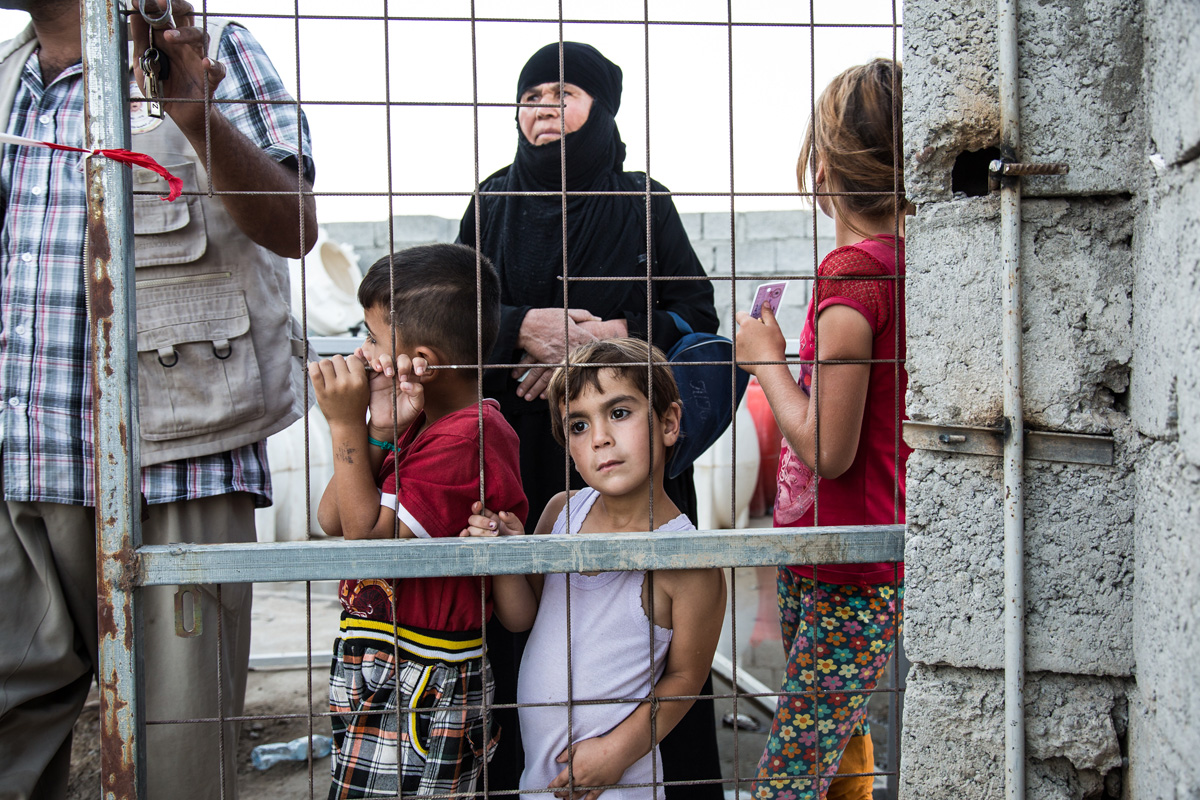-
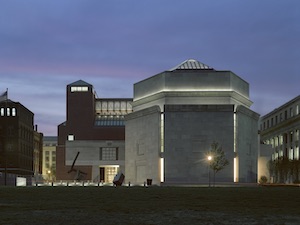
A Snapshot of Survival from the World’s Newest Country
July 7, 2011
On one of our first days after arriving in Juba last fall, former US Envoy to Sudan Andrew Natsios, photojournalist Lucian Perkins and myself sat down with Acuil Malith Banggol, a former political officer with the Sudan People’s Liberation Army, the rebel force in southern Sudan. He explained why southern Sudanese no longer wished to be part of Sudan, about how the Dinka, Nuer and other peoples of the south had been marginalized and persecuted by the authorities in Khartoum for three decades.
-

Death Toll Mounts in Syria as Government Expands Campaign of Violence
June 15, 2011
Civilians in Syria remain at grave risk of mass violence amidst ongoing human rights violations as the Syrian government continues its violent crackdown on protestors calling for democratic political reform and the end of the Assad regime. The government does not appear to be targeting people based on their group identity, but rather their political positions.
-
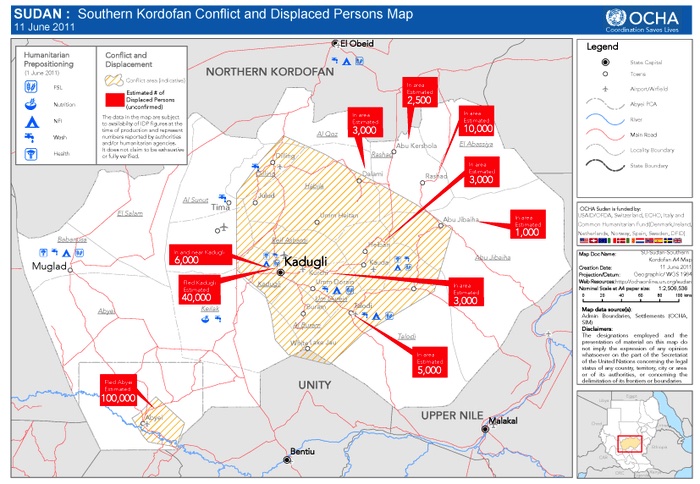
UN map of displacement in Kordofan
June 15, 2011
The above map is an excerpt from a larger map produced by the UN's Office for the Coordination of Humanitarian Affairs (OCHA) detailing displacement in Kordofan. More information about OCHA's work in Sudan can be found here.
-

Background: the Nuba Mountains of southern Kordofan
June 15, 2011
The Nuba Mountains is an area about 30,000 square miles, situated in the southern part of the state of Kordofan, and home to Christians, Muslims, and traditional believers. The Nuba people were decimated when the Sudanese government conducted systematic assaults against them, a policy that reached a destructive peak in 1992-1993, but continued for years thereafter.
-

Excerpts from leaked UN memo on Abyei violence
June 9, 2011
"On the night of 21 May 2011, SAF attacked and took control of Abyei, amidst artillery shelling, armored tank firing, mortar shelling, and machine gun fire. There was heavy fighting, especially around UNMIS compound, presumably between the SAF and South Sudan Police Services (SSPS) and possibly armed Ngok youths."
-
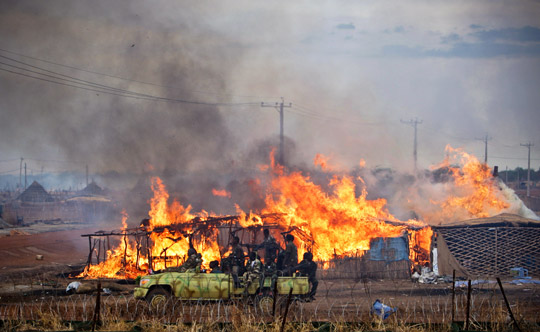
Upsurge in Violence on the Eve of South Sudan’s Independence
June 8, 2011
As the eve of South Sudan’s independence rapidly approaches, incidents of new violence have occurred along the north/south border and new information about violence in South Sudan has emerged.
-

Museum Statement on the Arrest of Ratko Mladic
May 26, 2011
The United States Holocaust Memorial Museum welcomes the news of today’s arrest in Serbia of Ratko Mladic, the former chief of staff of the Bosnian Serb Army who was indicted by the International Criminal Tribunal for the former Yugoslavia (ICTY) for war crimes, crimes against humanity and genocide. He is expected to be extradited to The Hague to stand trial there.
-
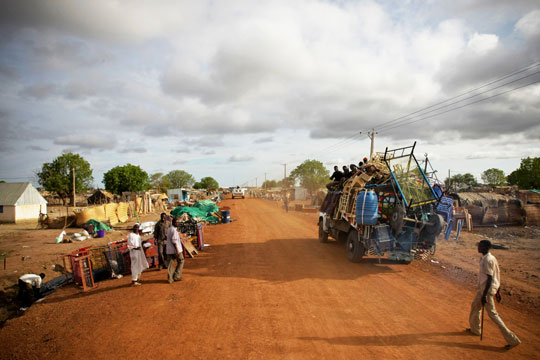
Abyei on the Brink Again
May 23, 2011
Abyei, the contested border region whose final status is not resolved, is once again the scene of violence that has the potential to derail the final negotiations between Sudan’s north and south before South Sudan declares its independence on July 9, 2011. At risk should this violence reignite the larger war are the lives of millions of civilians who have already survived decades of conflict and are eagerly awaiting their chance to build a new future.
-

Threat of Mass Violence Against Civilians in Syria
May 23, 2011
Today, Syria is a country whose civilians are at risk of violence, with an estimated 1,000 people killed since mid-March, and countless others detained or missing. It is also a country whose regime allows little international access by foreign journalists, human rights groups, and aid groups and that offers few response options for those interested in stemming the potential for mass atrocities. As such, it provides a serious challenge for thinking about the limits and needs of a developing international civilian protection paradigm.
-

A Massacre in Côte d’Ivoire
April 4, 2011
On March 29, at least 800 people were killed in the western Ivorian town of Duékoué, according to the International Committee of the Red Cross, which did not offer further details on the violence, except to say that it appeared to be intercommunal. It remains unclear who committed the violence. Numerous corpses are strewn throughout the neighborhood; an estimated 250 displaced children are living in the surrounding forest; and more than 15,000 displaced people continue to seek safety inside the confines of the Roman Catholic mission in Duékoué.
